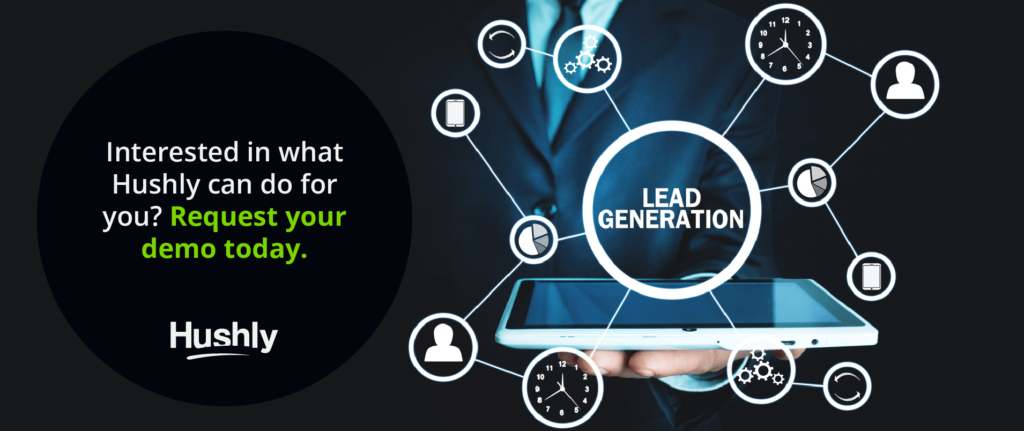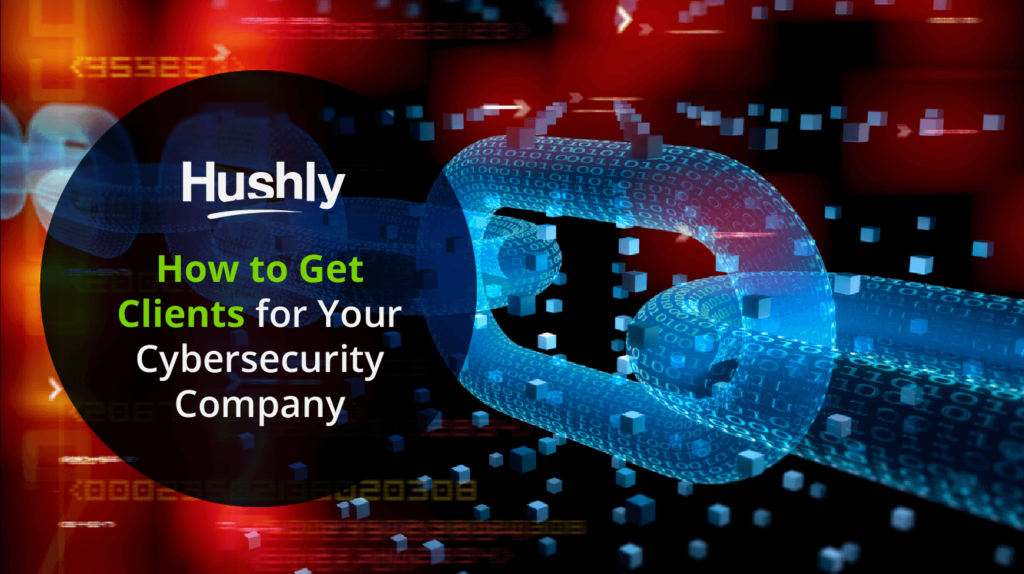Filters
Content Type
Topic
A Guide to B2B Lead Generation for Cybersecurity
Studies still claim that over half (approximately 68%) of B2B companies struggle with lead generation, including those in B2B lead generation for cybersecurity. Cybersecurity companies face challenges regarding lead generation because their audience can fall into both the B2B and B2C spectrums and because of the industry’s sensitive nature. Your customers need to know that they can trust you with their most valuable information and, in the B2B space, their customers’ private information.
So, before diving into the best practices for B2B lead generation for cybersecurity companies, let’s talk about the basics.
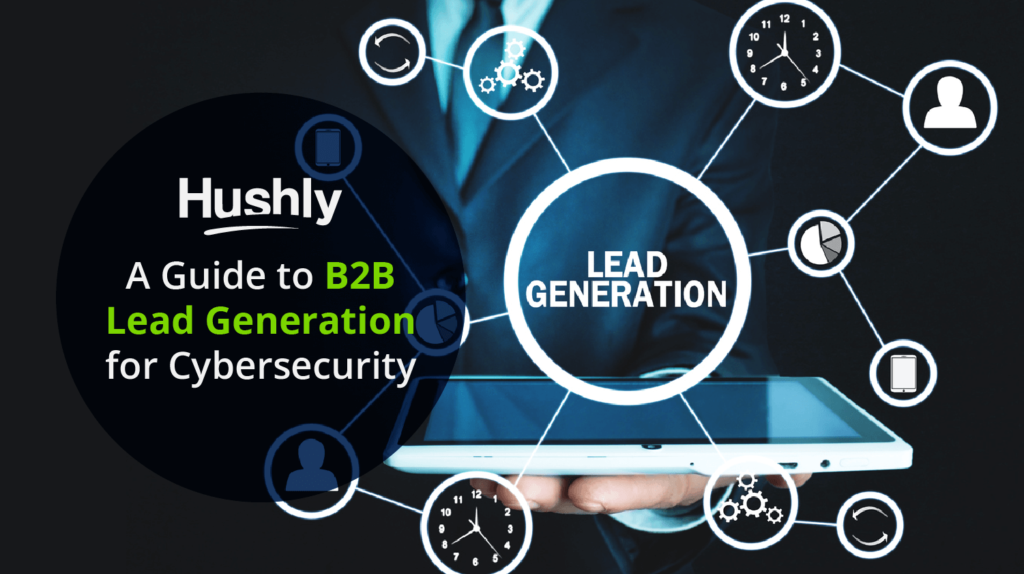
What is B2B Lead Generation for Cybersecurity?
B2B lead generation for cybersecurity is the same as B2B lead generation for any other industry – it’s the process of acquiring leads for your company’s products or services. Attaining these leads and understanding their unique needs can be quite challenging, but once you’ve gained their trust and proven your ability to protect them and their assets, not only can they become more than loyal customers but also a community of advocates for your brand.
What Sets B2B Cybersecurity Lead Generation Apart From B2C Lead Generation?
Customer needs vary significantly in B2C and B2B, meaning they each have their own unique pain points and motivations. For example, a B2C lead looking for cybersecurity wants to protect their personal information from being stolen while shopping online.
Alternatively, a B2B lead in cybersecurity is someone who is looking to protect their company’s sensitive information from cyber threats and any personal or identifying information they hold that belongs to their customers. This B2B lead could be a bank looking for a cybersecurity company to protect their customers’ sensitive data from hackers.
While the two concepts may seem the same, the level of risk and cost of losing data differ. The decision to purchase a cybersecurity solution to protect your business’s sensitive data is a serious one, and the cost of losing that data can be devastating to a business.
B2B customers need to know that your cybersecurity company is not just a “one-trick pony” that can only protect their data, but that you’re an expert in all areas of cybersecurity and will be there for them whenever they need you.
Common Challenges of B2B Lead Generation for Cybersecurity Companies
Yes – B2B lead generation for cybersecurity companies can be difficult because of the weight of the responsibility of protecting your customers’ sensitive data. Still, with the right B2B lead generation strategy in place, you can build your cybersecurity company into an industry leader.
The best way to understand the challenges of B2B lead generation for cybersecurity companies is to address two frequently asked questions:
How Do You Find Leads for Cybersecurity Companies?
Cybersecurity companies need to start generating B2B leads by creating an effective lead generation strategy that considers the specific needs of their target customer groups. This strategy should include both digital and traditional marketing approaches.
For example, your lead generation strategy may involve using digital marketing tactics, like SEO, email campaigns, and social media advertising, to reach potential leads. Additionally, companies can use traditional marketing tactics, such as cold calling, trade shows, and networking, to reach potential customers.
Which is Better for B2B Lead Generation for Cybersecurity Companies: Organic Leads or Paid Leads?
Unfortunately, there’s no right or wrong answer. It all depends on your target audience and the resources you have to work with. While organic lead generation can give you long-term results and help you save money, paid lead generation allows you to get as many leads as you like and retarget leads.
Effective B2B Lead Generation Tools for Cybersecurity Companies
When it comes time to determine the best approach for B2B lead generation for your cybersecurity company, several tools and strategies can help you generate quality leads. Again, it all comes down to your budget, the resources you have to work with, and your target audience.
With that in mind, here are a few of the most effective methods for B2B lead generation for those in cybersecurity:
Social Media
Social media is an excellent platform for those interested in organic and paid leads because it allows you to connect with prospects and build a strong online presence. In fact, approximately 89% of B2B marketers say they use LinkedIn as part of their lead generation strategy, with 62% saying they find this platform most effective at generating leads, making it one of the top performers for organic B2B lead generation.
As for paid lead generation strategies, LinkedIn Ads are rated some of the most effective by marketers, with approximately 65% of B2B companies stating that they’ve generated a customer through LinkedIn paid ads. Research also shows that sponsored InMail has an opening rate of 52%, while message ads have a 40% conversion rate.
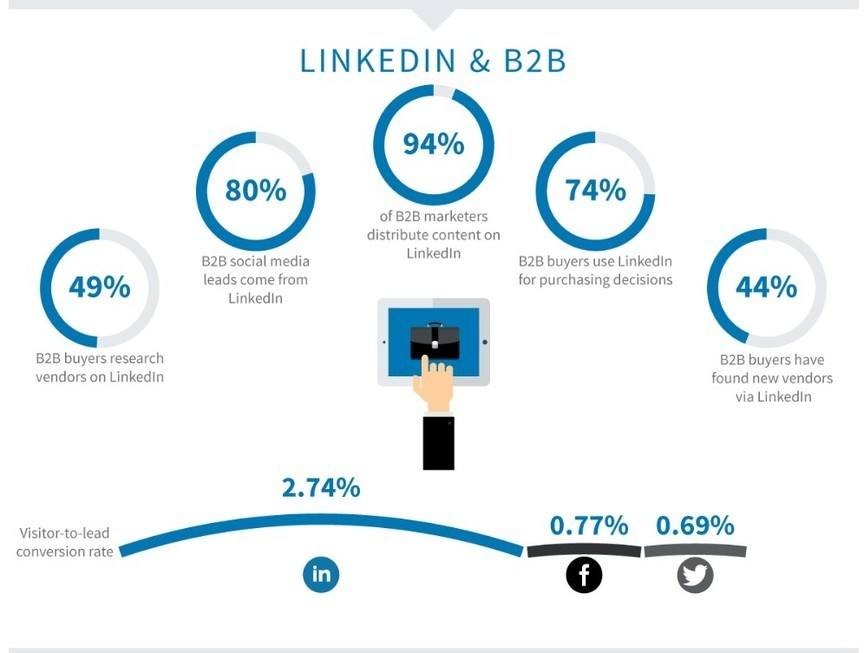
Source: WebFX
AI and Machine Learning
While AI and machine learning have come a long way in recent years, they cannot automatically generate leads for you. You still have to do the manual work of understanding who your audience is and how to pull them in. These tools can only help you weed out bad leads, qualify leads, and nurture those identified as high-quality leads.
These tools can help automate the lead generation process and deliver a more personalized experience for your leads, ultimately leading to higher conversion rates. Some excellent lead-nurturing AI tools can include automated responses to frequently asked questions and personalized content hubs that show your audience that you understand their needs and can deliver on your promises.
Here’s a great example of how Hushly’s AI-powered platform helps nurture leads looking for information on B2B marketing, lead generation, and cybersecurity:
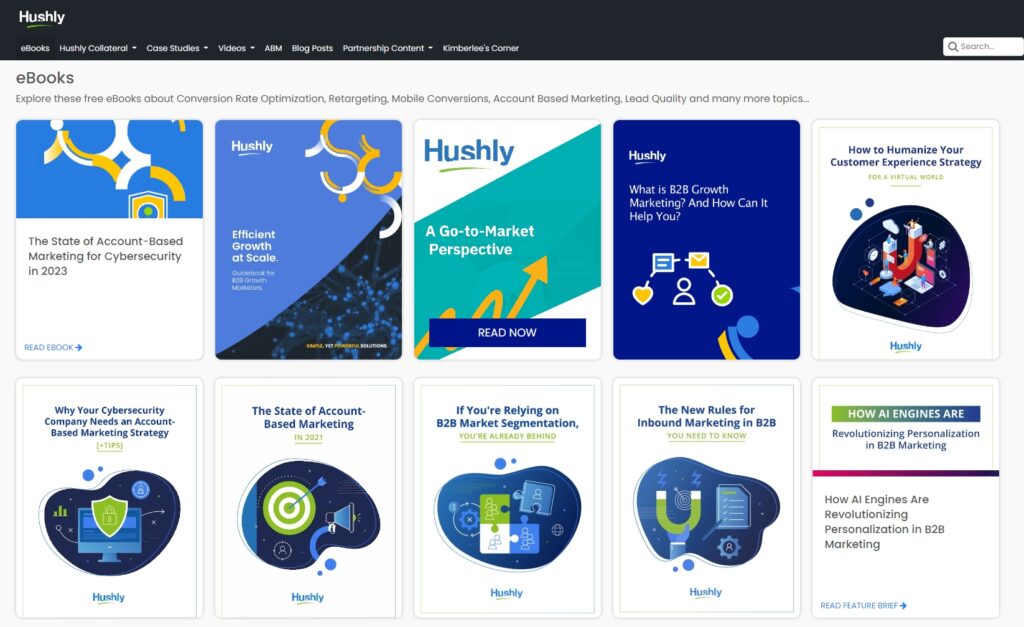
Source: Hushly
Valuable Lead Magnets
Lead magnets are content pieces that offer a specific, high-value solution to your target audience. These are usually pieces of gated content such as ebooks, webinars, or whitepapers. The information in these pieces should be highly relevant to your audience’s needs and provide them with something they can’t find anywhere else. The goal is to draw their attention and prove that you have the knowledge to back up your claims and the tools and resources they’re looking for in a business solution.

Source: Hushly
Free Trial Offers
Finally, if you’re looking for a sure-fire B2B lead generation tool that will show your audience that you have what they need, then you’ll want to consider offering a free trial of your service. Not only does this allow you to collect valuable information about your potential customers, but it also allows you to prove to them that you have what they need.
Let Hushly Help You Succeed in Your B2B Lead Generation Efforts
B2B lead generation for cybersecurity companies can be tricky. However, with the right tools, resources, and strategies, you can successfully generate leads and establish relationships with your target audience.
Here at Hushly, we offer a variety of tools to B2B organizations that can help them connect with their target audience and build relationships with potential clients. Whether you’re looking for B2B lead generation tools, AI customer engagement tools, or a simple solution for demand capture – we’ve got you covered.
Interested in what Hushly can do for you? Request your demo today.
The post A Guide to B2B Lead Generation for Cybersecurity appeared first on Hushly.

